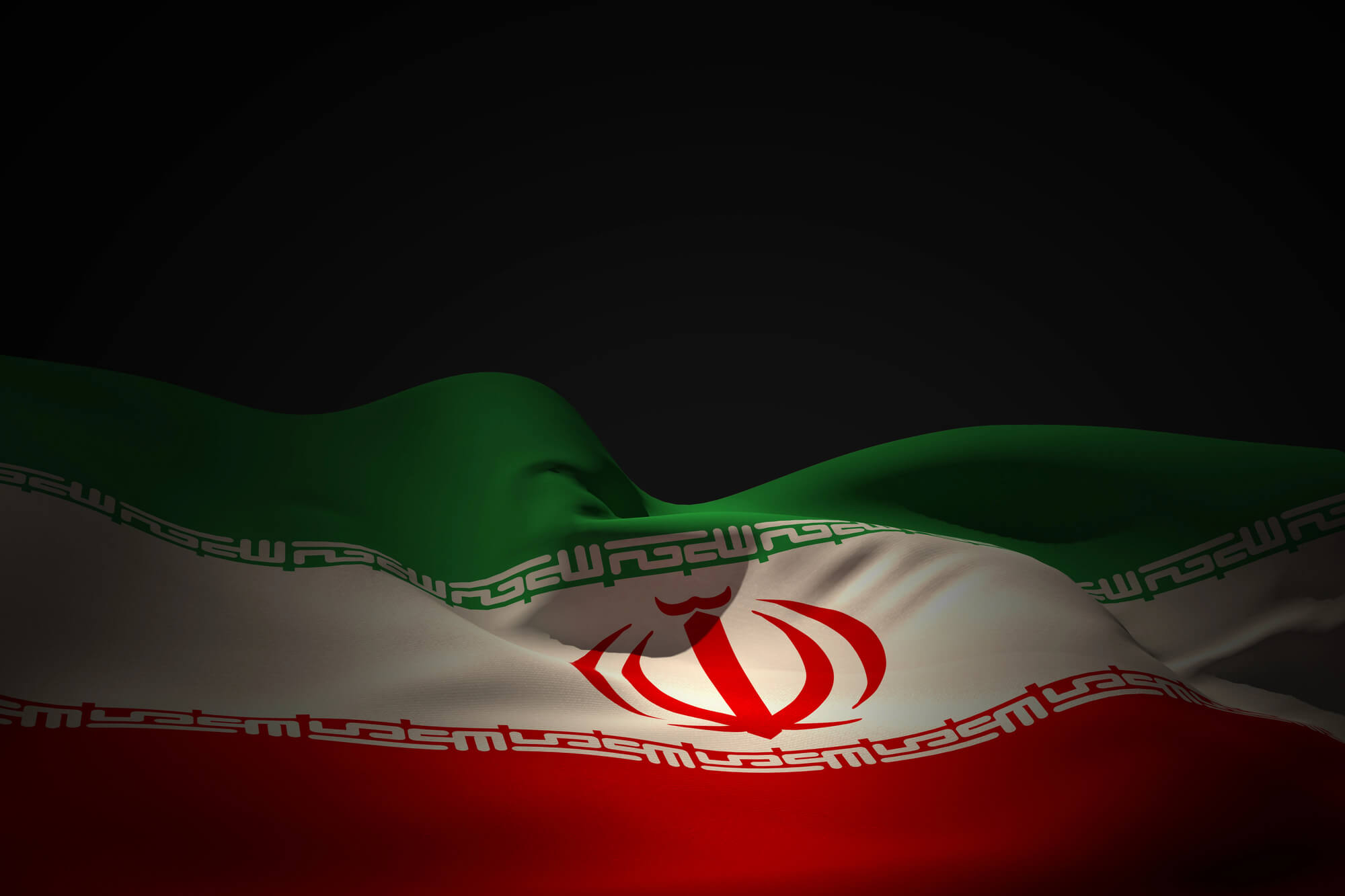During the 100 days of russia’s full-scale war against Ukraine, we collected regulations by the National Bank, the President, the Verkhovna Rada, the Cabinet of Ministers, and other agencies to analyze how the authorities helped the country recover from the shock of the first days of the war, how they met the defense needs and responded to humanitarian challenges. In the first of a series of articles, we analyzed the most crucial decisions made by the National Bank of Ukraine in the hundred days of martial law.
From the first day of the full-scale russian invasion, the NBU focused its efforts on overcoming panic among the population, maintaining confidence in the banking system and the financial sector’s stability. At the time, the regulator’s main decisions were aimed at ensuring the continued functioning of the banking system, keeping in check the devaluation of the national currency and the flight of capital abroad. The National Bank also made efforts to counter the enemy’s influence in the financial sphere directly and meet the defense needs by facilitating charitable contributions to the Armed Forces and humanitarian needs of Ukraine.
We continue to monitor and evaluate long-term economic reform in the Reform Index project.
The operation of the banking system. On February 24, the NBU adjusted the rules for the banking system to comply with martial law. The regulator ensured bank branches’ continued operation wherever safe, granting their customers access to safes and refilling the ATMs. There were no constraints put on cashless payments. However, it was prohibited
- for customers to withdraw cash in amounts over UAH 100,000 per day alongside a complete ban on withdrawing foreign currency cash in Ukraine (it was later lifted, see below). The restrictions did not apply to companies acting on the authorities’ behalf or implementing mobilization plans or to the residents of areas threatened with occupation: they could withdraw cash both in national and foreign currency without restrictions, provided it was available at bank branches;
- for banks to issue and distribute digital money;
- to allocate capital outside of directing profits to increase authorized capital, create general provisions and capital funds, and cover losses;
- to pay dividends except on preferred shares;
- to issue or extend loans to banks’ related parties or make an early repayment of deposits to such persons;
- for banks to repay ahead of schedule the loans received from non-residents;
- to transfer money abroad, except for banks’ own transactions, and issue loans to foreign financial institutions;
- to lend to legal entities in hryvnia to repay loans in foreign currency;
- to change the loans’ currency from foreign currency to hryvnia for legal entities other than banks.
At the same time, to ease some restrictions for banks, the NBU
- lifted measures for violating standards: capital adequacy, liquidity, credit risk, foreign currency open position limits, and deadlines for submitting statistical reports if such violations occurred after February 24, 2022;
- allowed banks to identify service members willing to open an account based on their military ID;
- postponed external sustainability assessment for banks until 2023;
- lifted measures for the untimely disclosure of financial and consolidated financial statements;
- lifted measures for violating the standards of creating and holding the required reserves;
- allowed cloud storage services based in the EU, UK, USA, and Canada to increase the banking system’s stability.
In addition, to facilitate access to liquidity for banks, on February 24, the NBU introduced blank refinancing loans without a limit on the amount for one year with the possibility of extension for another year. As the banking system’s liquidity increased from the beginning of the war and the banks began to repay refinancing loans ahead of schedule, on April 15, the regulator returned to issuing only secured loans as a primary tool for maintaining bank liquidity before the full-scale war.
Currency regulations. To check the possible sharp depreciation of the hryvnia at the beginning of the war, the NBU fixed the hryvnia exchange rate against foreign currencies as of February 24, 2022, and stopped calculating the reference exchange rate of the hryvnia to the US dollar. Restrictions on banks’ exchange rates for cash and payment card transactions were lifted on May 21. It was the first step towards a return to a floating exchange rate (however, returning to a fully market-based rate is unlikely in the near future).
From the beginning of the war, the NBU suspended the foreign exchange market, except for sales of foreign currency. The regulator also introduced the following changes:
- a temporary ban on withdrawing foreign currency cash. The regulator lifted this restriction on March 1, making it possible to withdraw amounts of up to 30 thousand UAH per day from foreign currency accounts, raising the limit to an equivalent of UAH 100,000 per day on March 21 (there are some exceptions related to military and diplomatic activities). However, the limit for withdrawing cash from Ukrainian payment cards abroad, equivalent to UAH 100,000 per month, was temporarily reduced to UAH 50,000 starting on May 20. A month and a half later, on April 14, the National Bank allowed banks to sell foreign currency to the public within the balance of the total volume of foreign currency buying and sales. However, the final decision on the possibility and amounts of foreign currency sold to customers is made at a bank branch level;
- a moratorium on cross-border transfers other than those made on the state’s behalf. In early March, the NBU allowed using payment cards abroad to make payments and receive cash. The NBU also allowed foreign currency transfers to pay pensions to Ukrainians abroad and, later, also to pay alimony;
- temporary permission for citizens to take foreign currency of up to EUR 10,000 abroad without supporting documents. The requirement to provide confirmation was reintroduced on March 13. Since the banking system proved resilient to the shocks of a full-scale war, the National Bank reintroduced standard requirements for banks to oversee their customers’ foreign currency transactions on April 4, with some exceptions;
- a temporary ban on purchasing virtual assets for hryvnia and restrictions on purchasing such assets for foreign currency in amounts equivalent to up to UAH 100,000 per month (introduced in late April). The NBU also limited P2P hryvnia and foreign currency transfers in amounts equivalent to up to UAH 100,000 per month;
- a temporary ban on payments abroad to purchase securities and pay brokerage bills using cards issued by Ukrainian banks.
Monetary policy. On April 15, the NBU Council approved the basic principles of monetary policy under martial law. According to the document, the NBU refused to target inflation during wartime. It also temporarily declined to use the key rate as the primary monetary policy instrument to reduce inflation and publish its macroeconomic forecasts. However, the regulator undertook to return to these measures as the country’s financial and economic situation normalized. On June 2, the NBU altered the discount rate for the first time since the beginning of the war, increasing it to 25% from 10% in January. According to the NBU, this decisive step was designed to protect citizens’ hryvnia incomes and savings and increase the attractiveness of hryvnia assets, including government bonds.
It is a forced wartime measure when the National Bank can finance the state budget by purchasing Ukrainian domestic government bonds from the Ministry of Finance (by June 7, the NBU had funded the government with UAH 120 billion). The NBU promised to finance only critical government spending in this manner, communicating such transactions as transparently as possible.
The regulator also stressed its continued readiness to cooperate with the government to attract international funding necessary to address humanitarian issues and Ukraine’s post-war reconstruction.
The operation of non-bank financial institutions. The National Bank made several decisions to adjust non-bank financial institutions (credit unions, insurance, leasing, factoring companies, pawnshops, etc.) to fit martial law conditions. Specifically, the NBU introduced restrictions on
- paying bonuses and premiums and making other additional payments to management members except for fixed components of their material rewards;
- access to open information about non-banks, particularly to the registers of non-bank financial institutions, collection companies, insurance, and reinsurance brokers, and the list of non-bank financial groups, etc.
At the same time, the following relief measures were provided:
- measures for violating capital adequacy requirements, reporting deadlines, disclosure of information, and submission of documents as requested by the NBU were lifted;
- requirements to fully disclose information about their services to consumers, including lending, were postponed;
- to avoid bankruptcy, credit unions were allowed not to disburse to their participants the amounts of credit and share contributions. Credit units were also allowed to independently establish the maximum amount of cash disbursements in amounts not exceeding UAH 100,000 per day per member and define the level of overdue loans in restructuring agreements. Constraints on extending loans to related parties were also lifted, and the plan to resume financial activities was extended to 18 months. Submitting information to the NBU about accepting and implementing recommendations based on the inspection results was postponed.
- Late payments will not be considered overdue for credit union members.
Fighting the influence of russia and belarus in Ukraine’s financial system. From the war’s first days, the NBU forbade banks from allowing withdrawals from the accounts of residents of russia and belarus in Ukraine and buying or selling foreign currency, including to fulfill the residents’ obligations to them. The NBU subsequently approved some exceptions to the ban regarding spending on social benefits, salaries, utilities, taxes, fines, bank fees, and insurance payments.
On February 24, the regulator passed a resolution allowing for the liquidation of russian-controlled banks. The next day, the National Bank revoked the license of and liquidated two banks under russian indirect control. Those were the International Reserve Bank (100% owned by the state-held Sberbank of russia) and Prominvestbank (99.77% owned by the WEB.RF state corporation). From 2017 onward, both financial institutions were under National Security and Defense Council (NSDC) sanctions to counter disinvestment, particularly in favor of parent companies.
In addition, the NBU made it possible to abolish the accreditation of russian banks under martial law, banning russian residents from participating in the management of banks in Ukraine and refusing to provide blank refinancing loans to banks having russian shareholders.
Relaxing the terms of providing financial support to the Armed Forces and humanitarian needs. In early March, the NBU created special accounts to raise funds for the Armed Forces and Ukraine’s humanitarian needs, making exceptions to the general ban on foreign currency transfers. To expand the source of funding to support Ukraine, the NBU also made exceptions to the ban on citizens of belarus and russia transferring funds to Ukraine’s special charitable accounts.
Under martial law, the NBU also eased controls on the sources of funds sent to special charitable accounts and streamlined the purchase of “military bonds.” The regulator introduced simplified identification and verification procedures for buyers of “military bonds” to make these securities available to as many people as possible.
NBU allowed private volunteers to transfer foreign currency amounts equivalent to up to UAH 400,000 per month at the official NBU exchange rate to buy bulletproof vests, helmets, military and tactical uniforms, footwear, and military optics, drones, sleeping bags, and first aid kits.
Under conditions of a full-scale war, Ukraine’s economy (and accordingly the government and the National Bank) faced unprecedented difficulties. The physical destruction of some enterprises, the disruption to supply chains, and the blockade of marine exports raised unemployment and reduced tax and foreign exchange earnings (a decline in government revenues was also due to radical tax cuts in the war’s early days). Many lost their incomes, millions fled abroad, and the need grew to buy imported goods to supply the army. This increased government spending, including foreign currency spending (on a positive note, refugees were allowed to use hryvnia cards to make payments abroad).
In a situation of declining foreign currency earnings and increased spending, maintaining a fixed hryvnia exchange rate can clearly only be possible at the expense of foreign currency reserves. Therefore, to maintain reserves, it is necessary to introduce strict currency restrictions, including constraints on purchase of non-critical categories of imports. The NBU (see above) and the government imposed such restrictions. However, the NBU reserves fell from $ 29.1 billion in February to $ 25.1 billion in May, despite receiving $ 6.7 billion in international support. Financing government spending at the NBU’s expense also had its price. According to the April results, annual inflation rose to 16.4% (data for May are not yet available).
Unfortunately, external partners’ assistance is currently lower than the government’s monthly needs for $ 5 billion. Therefore, both the government and the National Bank will have to take unpopular but necessary decisions. The National Bank has already approved one such decision to raise the discount rate to 25%, gradually setting off towards a floating exchange rate (devaluation of the hryvnia will somewhat mitigate the effects of macroeconomic shock). Besides, it will be necessary to reintroduce, and possibly increase, taxes in the near future, including import taxes, and reduce the list of critical imports (it is presently quite long, including, for example, advertising services and soft drinks) and further limit capital outflows, e.g., consider a restructuring of public debt. Unfortunately, every Ukrainian will face economic losses caused by the war, and so will people worldwide.
With support
Attention
The authors do not work for, consult to, own shares in or receive funding from any company or organization that would benefit from this article, and have no relevant affiliations




